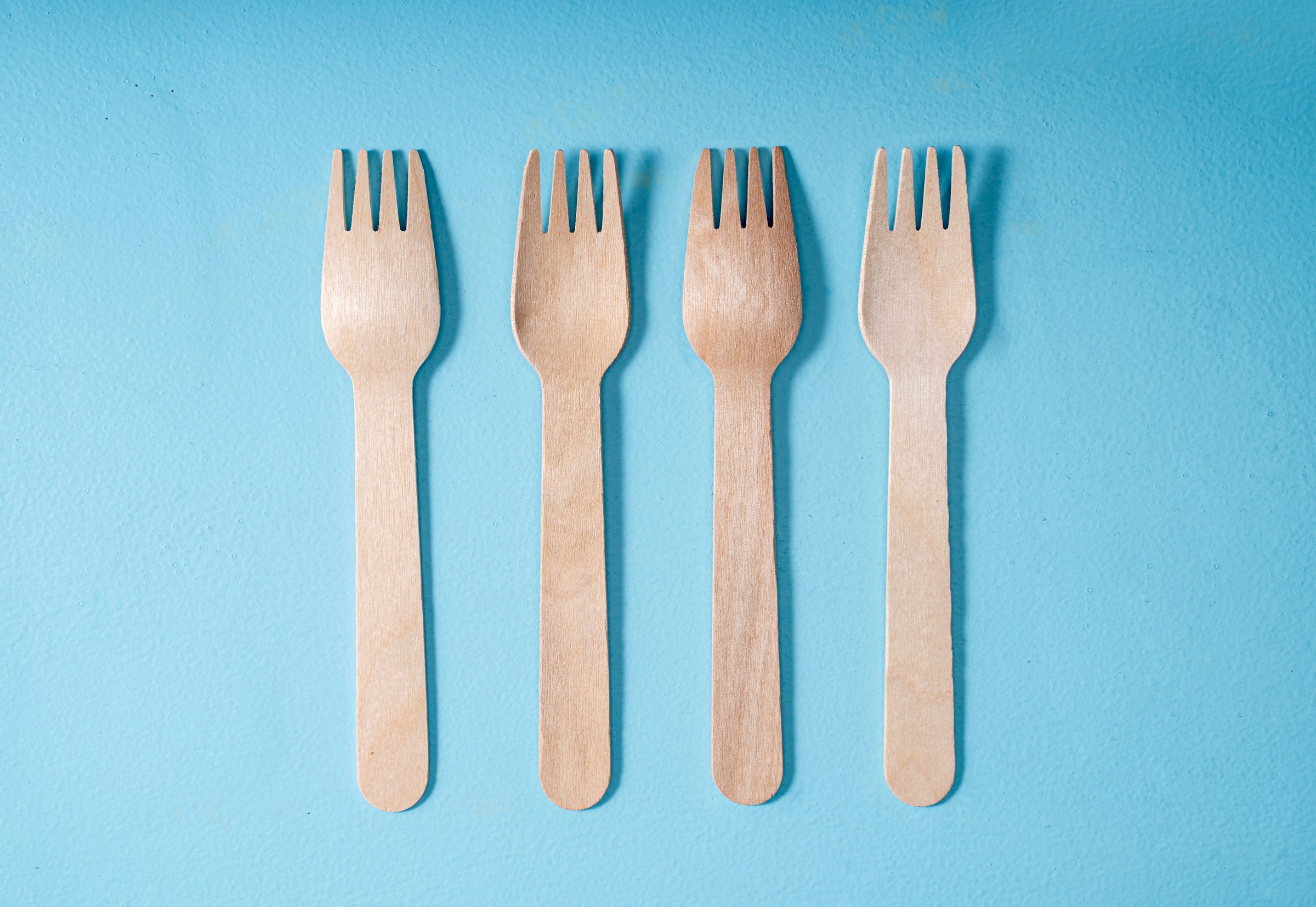Kidney Stones: What to Eat and What to Avoid

Description
If you’ve had kidney stones, adjusting your diet can help reduce the risk of new stones forming while supporting your overall kidney health.
The best dietary plan depends on the type of kidney stone you’ve had—most commonly calcium oxalate, but others include uric acid, struvite, and cystine stones. While each type has slightly different dietary needs, many general principles apply to all.
General Dietary Tips for Kidney Stone Prevention
The following nutrition strategies can help reduce the risk of most kidney stones:
1. Eat a Balanced Diet
A healthy diet that includes plenty of fresh fruits and vegetables, whole grains, and lean proteins supports kidney health.
2. Stay Hydrated
Drink 2–3 litres of fluid per day (preferably water) to help flush out minerals that can form stones. Staying well-hydrated is one of the most important steps for prevention.
3. Choose Lean Proteins
Include moderate portions of chicken, fish, eggs, and plant-based proteins like lentils. Avoid excess red meat and shellfish, especially if you’re prone to uric acid stones.
4. Eat Whole Grains
Whole wheat bread, brown rice, quinoa, and oats are excellent sources of fibre that support kidney health and help reduce stone risk.
5. Lower Sodium Intake
Avoid salty and processed foods. A high-sodium diet can increase the amount of calcium in your urine, increasing your stone risk.
Foods to Limit or Avoid
Your healthcare team may recommend limiting or avoiding certain foods based on your specific stone type. Below are common dietary triggers:
High-Oxalate Foods (for calcium oxalate stones)
- Spinach, beets, rhubarb, sweet potatoes
- Nuts, chocolate, black tea
Use the Harvard Oxalate Food List for detailed guidance.
Excess Animal Protein
- Red meat and shellfish can raise uric acid levels, contributing to uric acid stones.
Sugary & Carbonated Drinks
- Colas (contain phosphoric acid) and beverages with added fructose have been linked to stone formation.
Processed and Salty Foods
- Chips, deli meats, canned soups, fast food—all are high in sodium, which can increase calcium in the urine.
High-Dose Vitamin C
- Avoid supplements over 1000 mg/day, as excessive vitamin C can increase oxalate production.
Diet Tips by Kidney Stone Type
Calcium Oxalate Stones (Most Common Type)
- Stay well-hydrated
- Eat a balanced diet
- Pair calcium-rich foods (milk, yogurt, tofu) with meals—this helps bind oxalate in the gut, reducing absorption
- Include a source of calcium with every meal
Uric Acid Stones
- Reduce intake of red meat, shellfish, and alcohol
- Focus on fruits, vegetables, and whole grains
- Stay well-hydrated
Cystine Stones
- Drink large amounts of water to dilute urine
- Follow a low-sodium diet
- Speak with a kidney stone specialist for personalised advice
Struvite Stones
- These often result from infection
- Stay well-hydrated and treat any underlying urinary infections promptly
- There is no specific diet for struvite stones
Final Thoughts
Diet plays a key role in preventing kidney stones from coming back. While each type of stone has unique triggers, most people benefit from staying hydrated, reducing sodium, and eating a balanced diet with adequate calcium and fibre. Speak with your doctor or renal dietitian to tailor your diet to your stone type.
Ready for Personalised Support?
If you’d like tailored advice for your kidney health or help putting your diet into action, you can book a one-on-one consultation with a renal dietitian at any time.
We’re here to support you on your journey.


